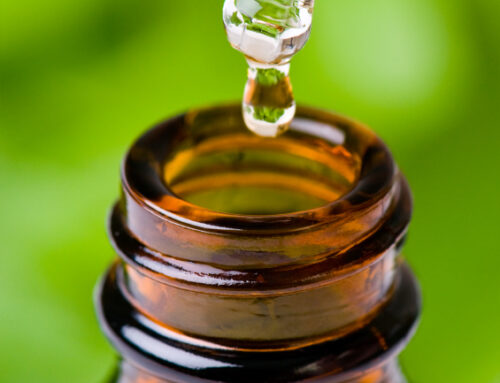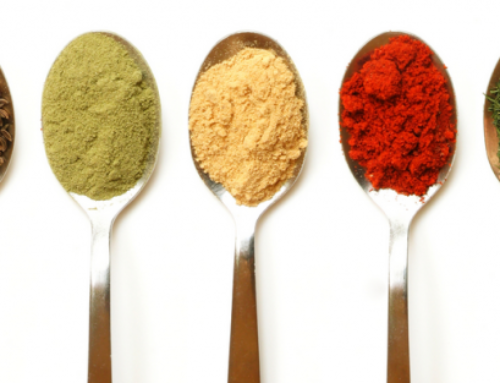There are many reasons why individuals consume alcohol but did you know that alcohol can cause nasal congestion? Have you ever experienced congestion or sinus pain after drinking alcohol? If so, you may be interested to know that you are not alone. In fact, the relationship between consuming alcohol and sinus congestion is a well-documented issue. Keep reading to learn more about the impact alcohol can have on nasal health.
Consuming Alcohol: Impact On Healthy Sinuses
Alcohol impacts the body in many ways including chemical reactions in the digestive system, immune system, and circulatory system. Each one of these systems can have an impact on the sinuses including swelling, inflammation, and mucus production. The degree of impact depends on your ability to digest and metabolize alcohol.
How Alcohol is Metabolized?
In order to understand why alcohol and sinuses are related, it is important to understand how alcohol is processed in the body. As your body digests, it collects nutrients and discards the rest. It is no different with alcohol. However, alcohol doesn’t contain many nutrients so your body goes straight into processing it for waste removal.
This process begins in the liver with the ADH enzyme that can convert ethanol into acetaldehyde. Then, the ALDH2 enzyme breaks down the acetaldehyde into acetate. This step in the process is extremely important and must happen rapidly in the body to avoid unpleasant side effects. After the alcohol has been broken down into acetate, it is converted into water and carbon dioxide and expelled from the body.
Alcohol Intolerance
When we say alcohol intolerance you probably think about the number of drinks a person can handle. While that might be one part of it, an intolerance can actually have a much deeper impact on the body than that. Alcohol intolerance is a temporary reaction to alcohol. The most common symptom of alcohol intolerance is nasal congestion.
An alcohol intolerance happens when someone is deficient in ALDH2 enzymes. This is the enzyme that converts acetaldehyde to acetate. When this process is interrupted, it creates an imbalance in the body that creates congestion, skin flushing, nausea, high heart rate, lower blood pressure, and headache.
Unlike a vitamin deficiency, the low production of the ALDH2 enzymes can not be replenished with medication or diet. This deficiency is a gene deficiency that is passed down from parent to child.
Alcohol Allergy
Alcohol allergies are different from alcohol intolerances due to the processes that happen in the body and the severity of the reaction. While histamines are high in the body when drinking alcohol with an intolerance, allergies actually elicit an immune response.
An allergy happens when a person is sensitive to ingredients in the alcohol other than the ethanol such as the grain used to make the alcohol or the preservatives that have been added. Symptoms of an allergy include nasal congestion, nausea, cramps, rash, itching, and trouble breathing. Reactions can vary in severity and are generally more serious than intolerances.
Dehydration
In some cases, alcohol can have an impact on nasal health without having an impact on enzymes or immune receptors. Alcohol acts as a diuretic that releases excess water in the body. This can lead to dehydration which, in turn, thickens the mucus membranes in the body leading to nasal congestion. Unlike having an intolerance or allergy, dehydration can be avoided by drinking plenty of water and caring for your sinuses.
Vasodilation
After alcohol is consumed, chemical reactions begin happening in the body. One of these reactions triggers swelling of the blood vessels which results in a flushed face. This can also cause swelling in the sinuses which irritates the cilia, small hairlike structures that protect the nasal passages from debris, and cause congestion. In many cases, this can lead to sinus infections that can last from three to 12 weeks.
Avoiding Alcohol With a Sinus Infection
It is generally recommended that you avoid drinking alcohol if you are suffering from any kind of sinus infection or similar condition. Because of the impact drinking alcohol has on the sinuses when healthy, alcohol can exacerbate sinus infections. This is largely due to the fact that sinus infections can leave you dehydrated while alcohol continues to dehydrate you leading to worsening sinus symptoms.
Alcohol and Colds
While it is recommended to avoid alcohol when you are congested, there is a belief that alcohol can act as a decongestant. There is actually a shot designed to help clear the sinuses comprised of whiskey, lemon juice, honey, and boiling water.
The belief is that alcohol makes the blood vessels expand creating a better environment for the mucus membrane to release the infection. Because most research on the subject is directed at the impact alcohol has when interfering with body systems, there is not much medical research to support this remedy.
In conclusion, alcohol and sinuses have a close relationship in a variety of ways. The consumption of alcohol creates reactions in the body that lead to swelling of the sinuses and thickening of the mucus membrane. This can often be uncomfortable and even painful. In some cases, this can lead to serious complications such as obstructed airways due to allergies. If you experience sinus pain after drinking alcohol, it is best to consult a doctor to determine the cause to avoid serious injury.






Leave A Comment